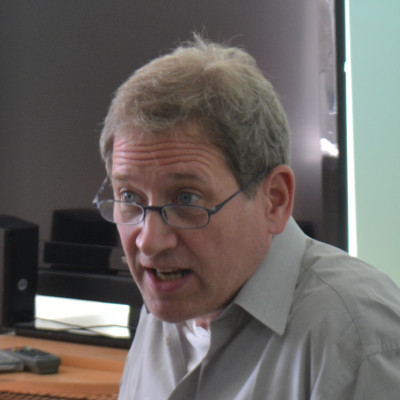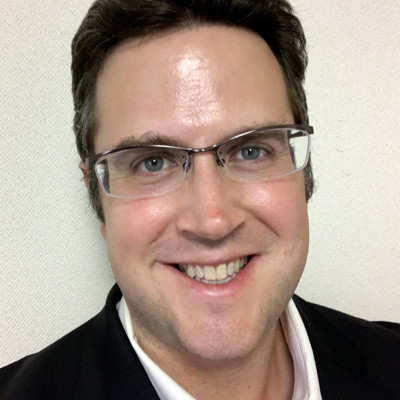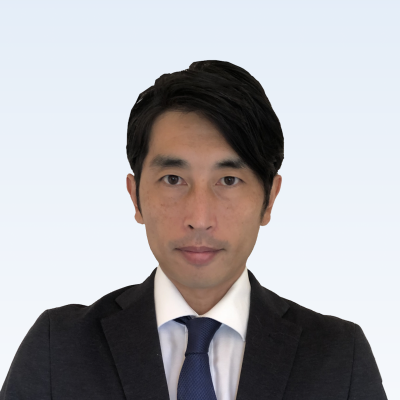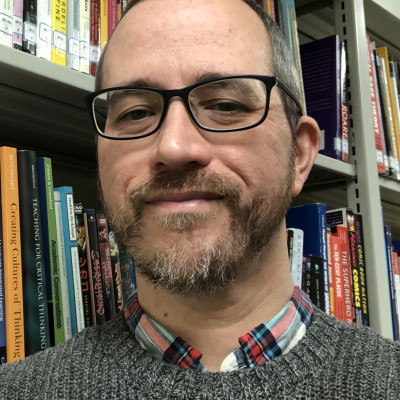Sessions / Critical Thinking
Cancelled Critical Thinking: Do teachers/publishers truly understand it? #3272
Critical thinking is a vitally important concept which has sadly been hijacked as an educational buzzword and misused to the point of rendering it near meaningless. And yet it remains a needed yet undeveloped thinking "skill" in people interacting in any language: native, second or foreign. Critical thinking entails getting an understanding of the subtext: the assumptions and veiled messages that are loaded into all forms of discourse. This workshop will explore this further.
Critical Thinking SIG Forum #2650
This year's PanSIG CT SIG Forum will focus on critical thinking and concrete ideas you can take back to your classroom to integrate critical thinking into your curriculum. We will be hosting multiple presentations on this subject and hope that you can join us for an information-filled forum with critical thinking ideas for you and some lively discussion.
Strategies for Promoting Critical Thinking in University Classes #2878
This workshop will outline practical approaches instructors can make use of in the classroom to promote the development of critical thinking skills in second language classes. The development of critical thinking skills remains central to the acquisition of effective, academic language skills (Benesch, 1999; Halvorsen, 2005). However, many instructors hesitate to target the development of such skills in language classes, fearing accusations of bias or being concerned about how to integrate the teaching of critical thinking and second language skills. After arguing briefly for the importance of teaching such skills in university classes, attendees will be introduced to several practical tasks and activities that can be used to promote the development of critical thinking skills. The ways in which critical thinking connects directly to academic writing, presentation, and discussion skills will be highlighted, and attendees will be given the opportunity to consider how tasks can be adapted for use in their specific teaching contexts. Advice will be given regarding how to remain fair and impartial when addressing controversial subjects, and strategies to help support students in independently developing ideas that are deep, logical, and coherent.
Improving Argumentative Essays with the Toulmin Method and Fallacy Repair #2815
The argumentative essay can be a challenging assignment for Japanese students of English due to both the language proficiency and the critical thinking skills required. In comparison to native English speakers and non-native speakers of various other cultural backgrounds, Japanese students are likely to have had less practice with written argumentation and may find it difficult to choose appropriate support, explain the relevance of that support, and refute counterarguments. This presentation will discuss ways in which teachers can address these challenges by incorporating instruction and activities based on the Toulmin Model of Argument, which research has shown to be useful in improving students’ written argumentation (Qin & Karabacak, 2010; Simon, 2008; Stapleton & Wu, 2015; Varghese & Abraham, 1998; Yeh, 1998). The presentation will also examine the connection between the goals given for an argumentative essay and the effectiveness of the writing produced. In addition, the presentation will provide examples of some common logical fallacies that can weaken students’ arguments and will introduce activities designed to help students recognize and repair such fallacies.





